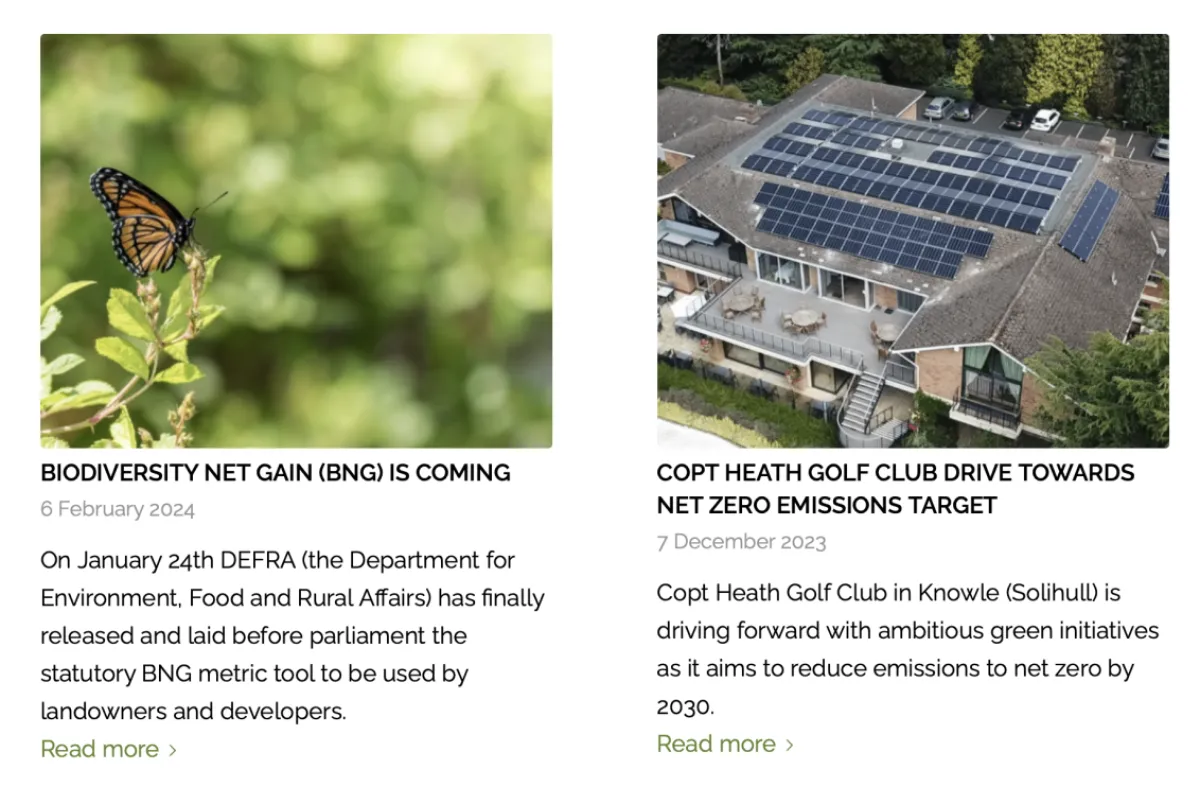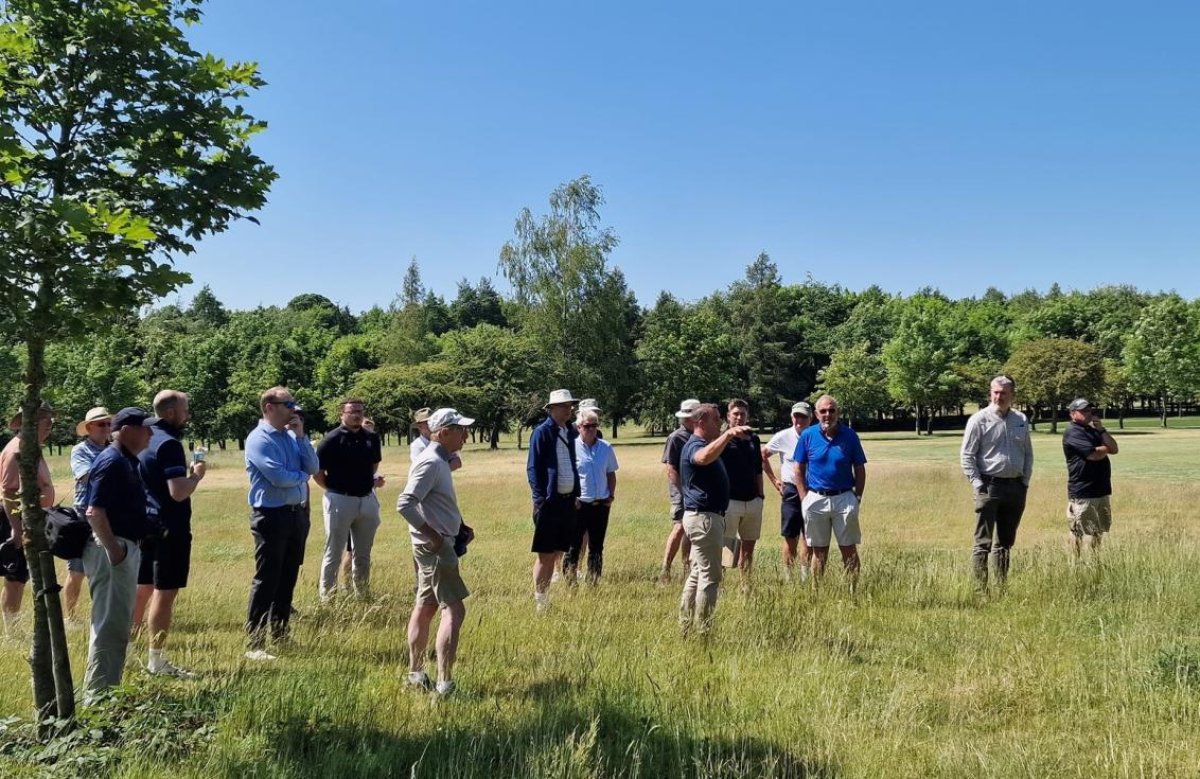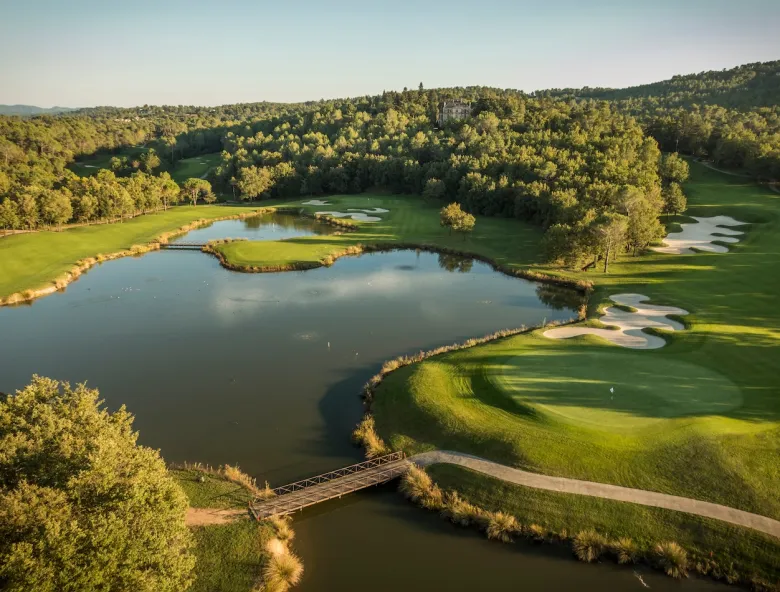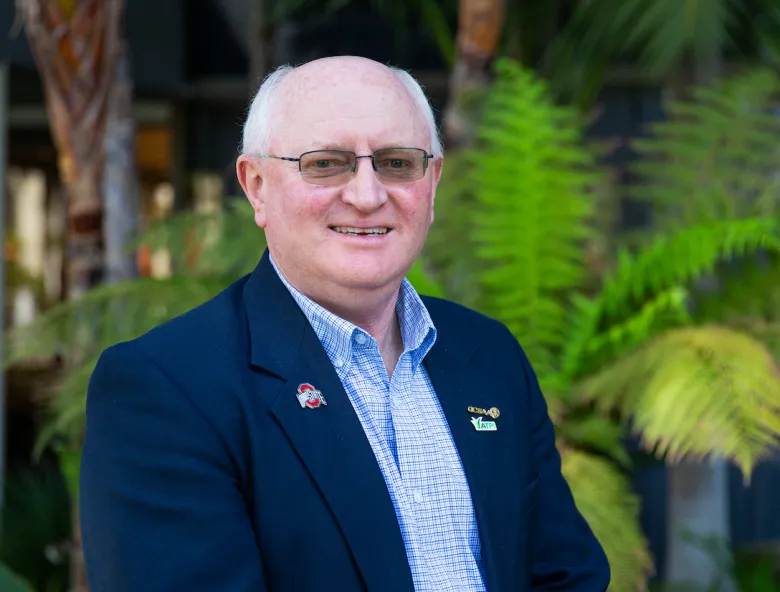'Golf played in harmony with wildlife, without harm to the earth'. That's the motto of a growing network of golf clubs in the UK championing sustainable greenkeeping.
Greener Golf Network was formed in 2019 when two golf clubs - Longcliffe and Market Harborough - discussed how to tackle similar environmental problems and approached the Leicestershire and Rutland Wildlife Trust for advice.
Volunteer-run and not-for-profit, the organisation now comprises 25 clubs who share best practice tips to overcome environmental challenges such as carbon emissions, biodiversity loss and nature depletion.
Bob Roberts, director of Greener Golf Network Limited, said: “Climate change and biodiversity loss are arguably two of the most serious challenges that the world and humanity face today.
“Our aim is to influence and signpost golf clubs to resources so that they can lower their carbon footprint, reduce water and energy requirements and increase biodiversity on their own land to benefit the wider landscape.”
Despite the Covid-19 pandemic limiting face-to-face meetings in the early days, the clubs initially involved quickly realised the value of working together and in partnership with environmental experts.
Greener Golf Network recently held its fourth annual conference and has set up a website that publishes research, case studies, practical advice and news on environmental stewardship.

Roberts says golf has a major role to play in the transition to a greener, low-carbon society. He explains that golf clubs are the third-largest landowner in Leicestershire and Rutland and connect a vital range of ecosystems and habitats for wildlife, flora and fauna.

Network members benefit from affiliation with The Wildlife Trusts, a national charity with 47 regional trusts and responsibility for more than 2,300 nature reserves.
The LRWT supports network members by conducting ecological surveys, sharing research and providing access to funding for golf clubs to initiate eco-projects.
For more information head to: https://greenergolf.co.uk



